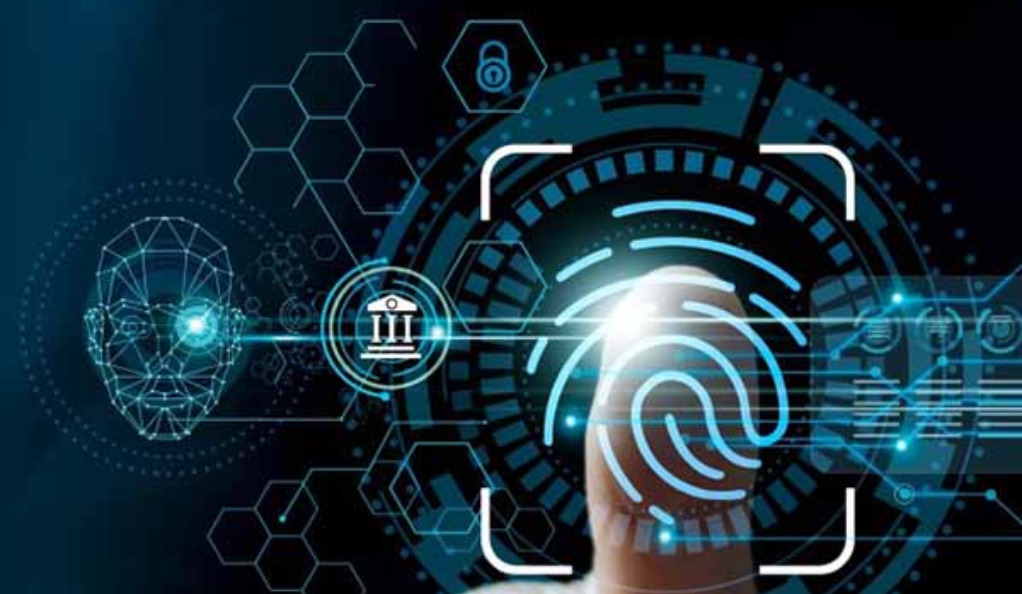In today’s global market, ensuring the authenticity of products has become a paramount concern for businesses and consumers alike. Counterfeit goods not only pose significant risks to consumers’ health and safety but also cause substantial financial losses to legitimate manufacturers. As the scale and sophistication of counterfeit operations continue to grow, it has become imperative to develop efficient verification processes. To address this challenge, businesses are increasingly turning to artificial intelligence (AI) technologies to authenticate goods. By leveraging AI-powered solutions, companies can streamline their verification processes and provide consumers with the confidence that they are purchasing authentic products.

The Need for Efficient Verification Processes
Traditional methods of authenticating goods often rely on manual inspections, which can be time-consuming, costly, and prone to human error. In an age where the volume of products being traded globally is skyrocketing, these traditional methods are struggling to keep up. Moreover, counterfeiters are becoming more adept at replicating authentic products, making it increasingly difficult for human inspectors to differentiate between genuine and fake goods.
To combat these challenges, businesses need verification processes that are not only efficient but also accurate and scalable. AI technology offers a viable solution by automating the verification process. By training AI algorithms with vast amounts of data, companies can develop sophisticated models that can quickly and accurately authenticate goods. This automation not only reduces the time and cost associated with verification but also minimizes the chances of human error, ensuring a higher degree of accuracy in detecting counterfeit products.
Leveraging AI to Authenticate Goods
The potential of AI in authenticating goods lies in its ability to analyze vast amounts of data and identify patterns that human inspectors may overlook. AI-powered systems can automatically compare various data points such as packaging, labels, holograms, and unique product identifiers, among others, to determine the authenticity of a product. These systems can also learn from past instances of counterfeit products, continuously improving their accuracy and ability to spot new counterfeit patterns.
In addition to automating the verification process, AI technology can also enhance supply chain transparency. By integrating AI algorithms into the supply chain management system, businesses can track and trace the movement of goods at every stage. This enables companies to verify the origins of products, detect any unauthorized diversions, and ensure that goods have not been tampered with along the way. Ultimately, AI-powered authentication systems provide businesses and consumers with greater trust and confidence in the products they buy.
The need for efficient verification processes is more critical than ever before. Counterfeit goods pose substantial risks to consumer safety and erode the trust in legitimate manufacturers. By harnessing the power of AI, businesses can streamline their verification processes, enhance accuracy, and offer consumers the assurance of purchasing genuine products. As AI technology continues to advance, we can expect further improvements in the authentication of goods, making it increasingly difficult for counterfeiters to circumvent these systems. In a world where authenticity is paramount, AI is proving to be a valuable ally in the fight against counterfeit goods.
Ainu Token aims to offer impartial and trustworthy information on cryptocurrency, finance, trading, and shares. However, we don't provide financial advice and recommend users to conduct their own studies and thorough checks.



Comments (No)